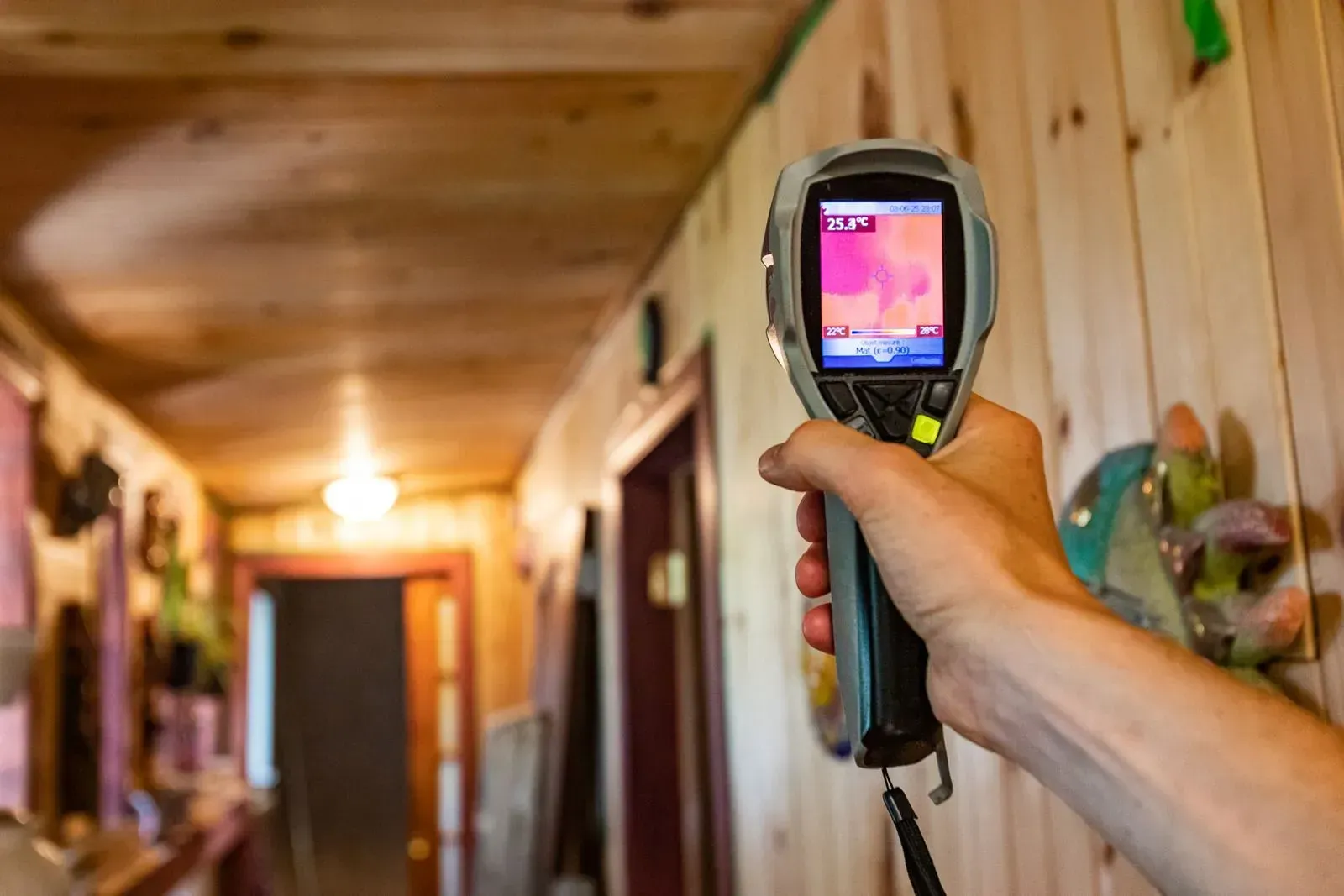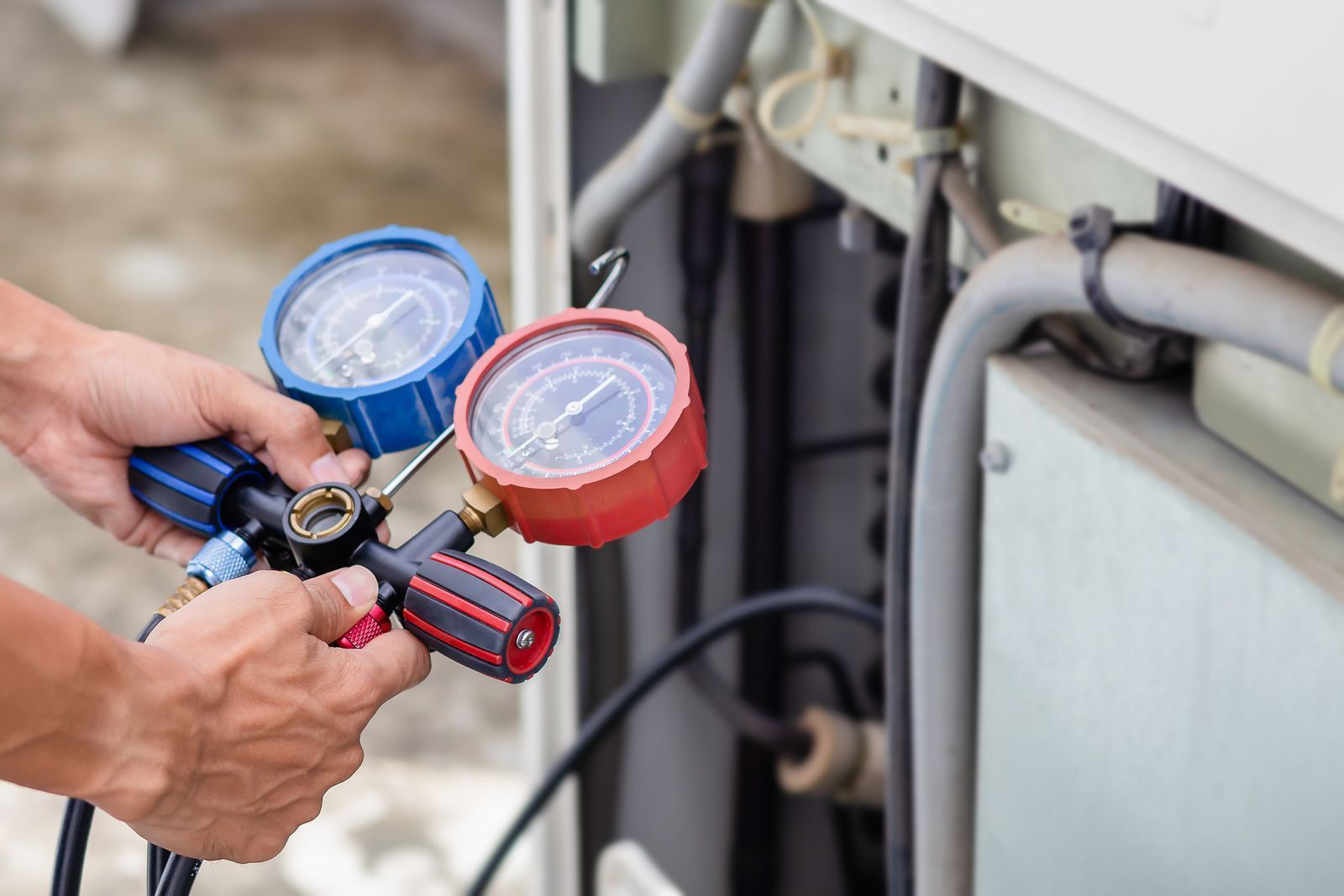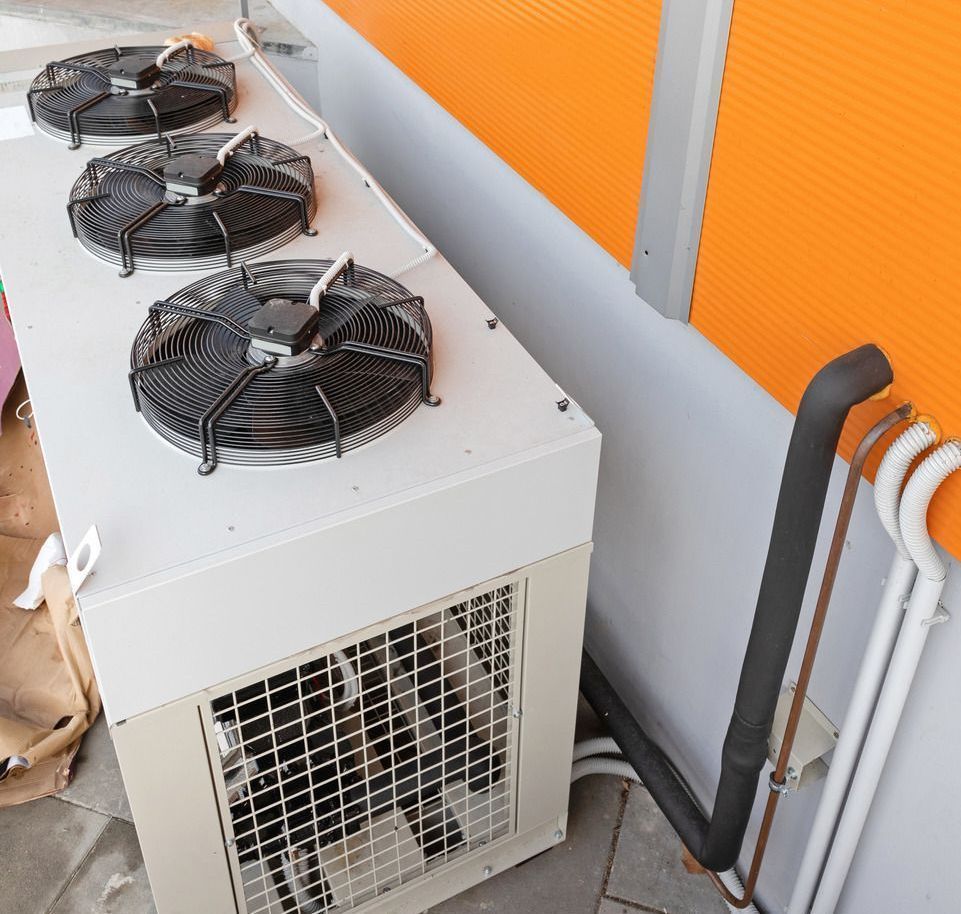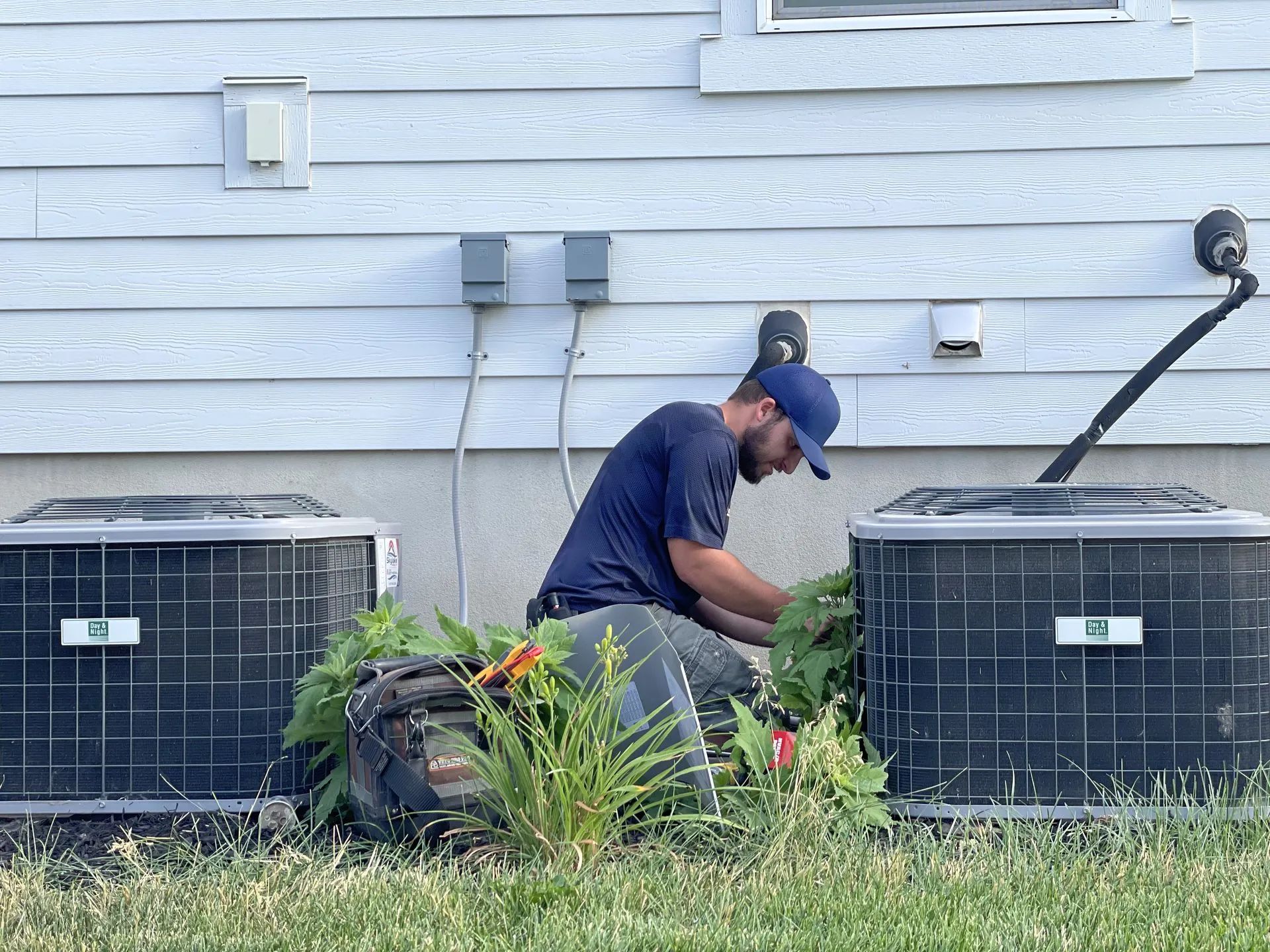The Importance of Indoor Air Quality and How to Improve It
July 11, 2025

Indoor air quality (IAQ) plays a crucial role in overall health and comfort. Poor air quality can lead to respiratory issues, allergies, and even long-term health concerns. With many people spending most of their time indoors, ensuring clean air in homes and businesses is essential.
Pollutants like dust, mold, pet dander, and volatile organic compounds (VOCs) can accumulate in indoor spaces, negatively affecting air quality. Factors such as ventilation, humidity levels, and HVAC maintenance all contribute to the quality of the air you breathe. Understanding these elements can help you take the right steps to create a healthier indoor environment.
Common Indoor Air Pollutants and Their Effects
1. Dust and Allergens
Dust mites, pollen, and pet dander are some of the most common indoor air pollutants. They can trigger allergies, asthma, and other respiratory conditions. These allergens often accumulate in carpets, upholstery, and HVAC filters, making regular cleaning essential.
2. Mold and Mildew
Excess humidity can lead to mold and mildew growth, which releases spores into the air. Exposure to mold can cause respiratory problems, headaches, and allergic reactions. Controlling humidity levels and addressing leaks can help prevent mold buildup.
3. VOCs (Volatile Organic Compounds)
VOCs are chemicals emitted from household products such as paints, cleaning supplies, and furniture. Prolonged exposure can cause dizziness, headaches, and respiratory irritation. Proper ventilation and using low-VOC products can reduce their impact on indoor air quality.
4. Carbon Monoxide and Other Gases
Carbon monoxide (CO) is a colorless, odorless gas that can be deadly in high concentrations. Gas appliances, fireplaces, and heating systems should be inspected regularly to prevent leaks. Installing CO detectors adds an extra layer of protection.
Common Indoor Air Pollutants and Their Effects
1. Regular HVAC Maintenance
Your HVAC system plays a key role in circulating and filtering indoor air. Dirty filters and ducts can trap and spread pollutants throughout your home. Regular maintenance, including filter changes and professional inspections, ensures cleaner air and better system efficiency.
2. Use Air Purifiers
Air purifiers can remove dust, allergens, and airborne pollutants, improving overall air quality. HEPA filters are particularly effective at capturing small particles that standard filters may miss. Placing purifiers in high-traffic areas can make a noticeable difference.
3. Increase Ventilation
Proper ventilation helps remove stale air and introduce fresh air into your home. Opening windows when possible and using exhaust fans in kitchens and bathrooms can help reduce indoor air pollution. Energy recovery ventilators (ERVs) are another option for improving airflow while maintaining energy efficiency.
4. Control Humidity Levels
Maintaining indoor humidity between 30-50% helps prevent mold growth and dust mite infestations. Dehumidifiers and air conditioners can regulate moisture levels, especially in humid climates. Using exhaust fans in bathrooms and kitchens also helps control humidity.
5. Choose Natural and Low-VOC Products
Switching to natural cleaning products and low-VOC paints and furnishings can reduce harmful chemical emissions. Many household cleaners contain chemicals that contribute to indoor air pollution, so opting for eco-friendly alternatives can make a big difference.
Improving indoor air quality creates a healthier and more comfortable living space. At Warner Heating & Air Conditioning
in Riverton, UT, we have 35
years of experience helping homeowners and businesses achieve cleaner air. From HVAC maintenance to advanced air filtration solutions, we provide expert services tailored to your needs. Contact us today to improve the air quality in your home or office.





